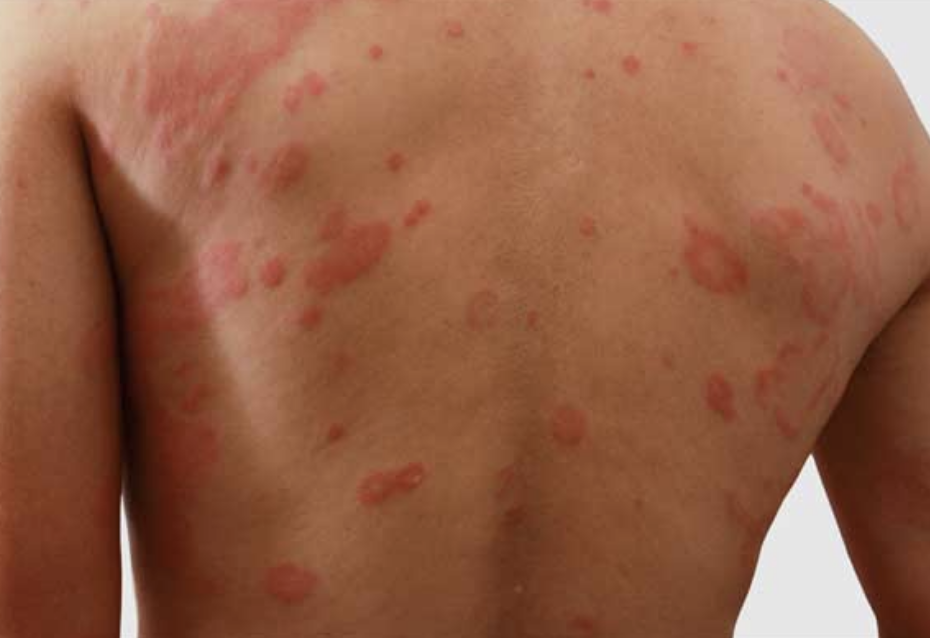Angioedema occurs when our subcutaneous tissues get swollen due to constant vascular leakage. It is mainly considered a skin reaction that can create mild to severe blotches. This happens due to either medications or different types of food. Idiopathic, Hereditary, Allergic, and drug Induced Angioedema are four different kinds of this condition. Angioedema may swell our eyes, lips, and face. In addition to that, it may affect other body parts as well.
Causes
There is a long list of allergens that cause this severe reaction. Firstly, few medications like aspirin, naproxen, ibuprofen, and Advil may lead to this condition.
- Along with that, fish shellfish, eggs, milk, and peanuts may also affect some people.
- Animal dander and insect stings are also responsible for causing Angioedema.
- Pollen and latex may cause mild to a severe skin reaction.
- Some environmental factors have been found to be initiating this reaction. These include sunlight, heat, cold, as well as water.
- Not to mention excessive pressure on skin and exercise can also lead an allergy.
Symptoms
- There are some very clear symptoms that you can help you identify Angioedema. Most of the symptoms occur within minutes and may remain for almost 3 days.
- Your skin is swelled from the inside. Not only can it adversely affect your hands, face, genitals, and bowel. You will feel a slight burn, which is quite painful in most cases.
- Along with that, you might face problems related to vision and breathing. In case, your breathing worsens, you should visit your doctor at your latest. Other than that, if your throat is rapidly swelling, it can also be an indication of Angioedema.
What about Anaphylactic Shock?
This is the severe form of Angioedema, which should not be taken lightly. In this case, your body will become hypersensitive and no remedy would work.
Other Symptoms Include:
- Dizziness
- Itchiness in the skin
- Flesh Colored Hives
- Firm and thick Welts
What are Your Treatment Options?
Angioedema affects different layers of your skin. In most case, it is not dangerous and does not require extensive treatment. However, still care is advised. As the condition worsens, you may expect your airways to be blocked.
- In order to treat this condition, you have to use antihistamine drug. With that, you can also take epinephrine and corticosteroids.
- You have to keep a safe distance from everything that might cause this skin reaction.
- It is best to keep a track of things that had initiated an allergic reaction in the past.
- In case, you cannot identify the trigger, it best to keep on observing.
- If the disease were hereditary, the patient would have to obtain fresh frozen plasma and protein.
DISCLAIMER: The medical information on this site is provided as an information resource only, and is not to be used or relied on for any diagnostic or treatment purposes. This information is not intended to be patient education, does not create any patient-physician relationship, and should not be used as a substitute for professional diagnosis and treatment.


